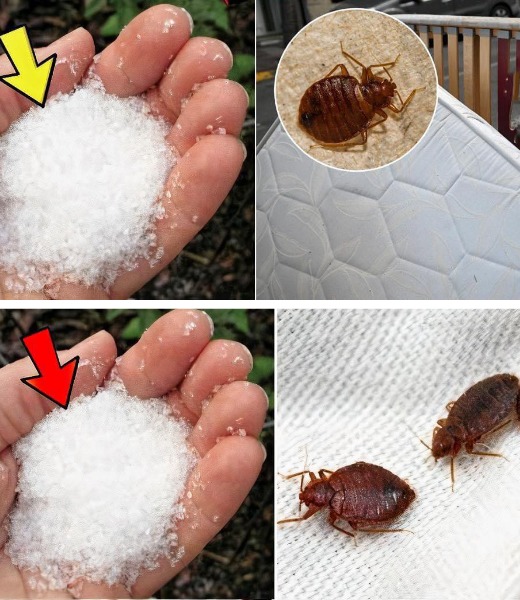ADVERTISEMENT
The presence of pests and bad bugs in our homes and gardens can be a frustrating and sometimes even alarming problem. While commercial insecticides are readily available, they often contain harsh chemicals that can be harmful to both our health and the environment. However, there are effective natural alternatives that can help you tackle these unwanted guests without resorting to toxic solutions. In this article, we will explore the methods and remedies for eliminating bad bugs naturally, ensuring a safer and more eco-friendly approach to pest control.
Understanding the Need for Natural Pest Control
Before we delve into natural solutions, it’s crucial to understand why opting for non-toxic methods is beneficial:
Healthier Environment: Traditional insecticides can contaminate the air and water, posing health risks to humans, pets, and beneficial insects. Natural solutions are safer for all living creatures.
Preservation of Beneficial Insects: Many chemical pesticides do not discriminate between harmful and beneficial insects. Natural remedies allow beneficial insects, such as ladybugs and bees, to thrive while targeting only the pests.
Reduced Chemical Residue: By avoiding chemical insecticides, you can reduce the residue left on your fruits, vegetables, and home surfaces, ensuring a cleaner and healthier living space.
Effective Natural Solutions for Pest Control
Neem Oil: Neem oil, derived from the neem tree, is a potent natural insect repellent. It disrupts the life cycle of many pests, including aphids, mealybugs, and whiteflies. Dilute neem oil with water and spray it on affected plants.
Diatomaceous Earth: This fine powder is the fossilized remains of marine phytoplankton and is highly effective against crawling insects like ants, fleas, and cockroaches. Sprinkle diatomaceous earth in areas where you suspect insect activity.
Beneficial Insects: Introduce beneficial insects like ladybugs and lacewings into your garden. They are natural predators of many common pests and can help keep their populations in check.
Continued on next page
ADVERTISEMENT
